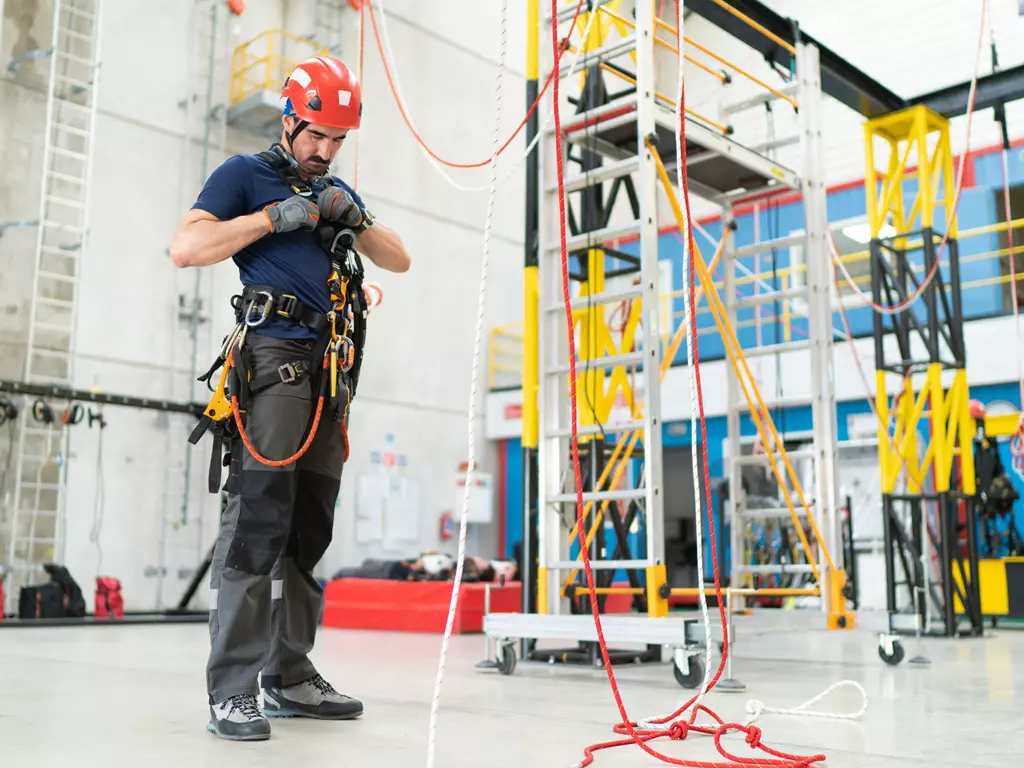
Eco-Friendly Eats: Minimizing Footprints in Food Service with AI
As sustainability takes center stage, the food service industry is leveraging the power of Artificial Intelligence (AI) to minimize ecological footprints. From sourcing ingredients to managing operations, the integration of AI offers innovative solutions that align with the growing demand for eco-friendly practices.
1. Sustainable Sourcing through AI-driven Supply Chains
AI optimizes supply chain processes, enabling food service businesses to source ingredients sustainably. By analyzing data on suppliers, transportation methods, and environmental impact, AI helps make informed choices that reduce the carbon footprint associated with sourcing.
2. Smart Energy Management for Operational Efficiency
AI-driven energy management systems enhance operational efficiency in food service establishments. By monitoring and controlling energy usage, businesses can minimize waste, reduce utility costs, and contribute to a greener operation.
3. Precision in Portion Control to Combat Food Waste
AI applications assist in precise portion control, a key strategy in combating food waste. By analyzing historical consumption patterns and current demand, businesses can optimize serving sizes, minimizing excess production and the subsequent disposal of uneaten food.
4. Dynamic Menu Adjustments to Reflect Sustainable Practices
AI enables dynamic menu adjustments to reflect sustainable practices. By considering factors such as seasonality, availability of ingredients, and customer preferences, businesses can craft menus that prioritize sustainability without compromising on taste and variety.
5. Waste Reduction through Predictive Analytics
Predictive analytics, powered by AI, plays a crucial role in waste reduction. By forecasting demand, expiration dates, and consumption patterns, businesses can optimize inventory management, minimizing waste and contributing to a more sustainable food service model.
6. Eco-Friendly Packaging Solutions
AI aids in the selection of eco-friendly packaging solutions. By analyzing the environmental impact of different materials and suggesting alternatives, businesses can make informed choices that reduce the ecological footprint associated with packaging and waste disposal.
7. Customer Education and Engagement for Green Practices
AI facilitates customer education and engagement on green practices. Through personalized recommendations and information on sustainable choices, businesses can raise awareness among customers, encouraging them to make eco-conscious decisions when dining out.
In conclusion, the marriage of AI and eco-friendly practices is transforming the landscape of the food service industry. From sustainable sourcing to waste reduction and customer education, AI-driven initiatives are paving the way for a greener, more environmentally conscious future in the world of dining.






